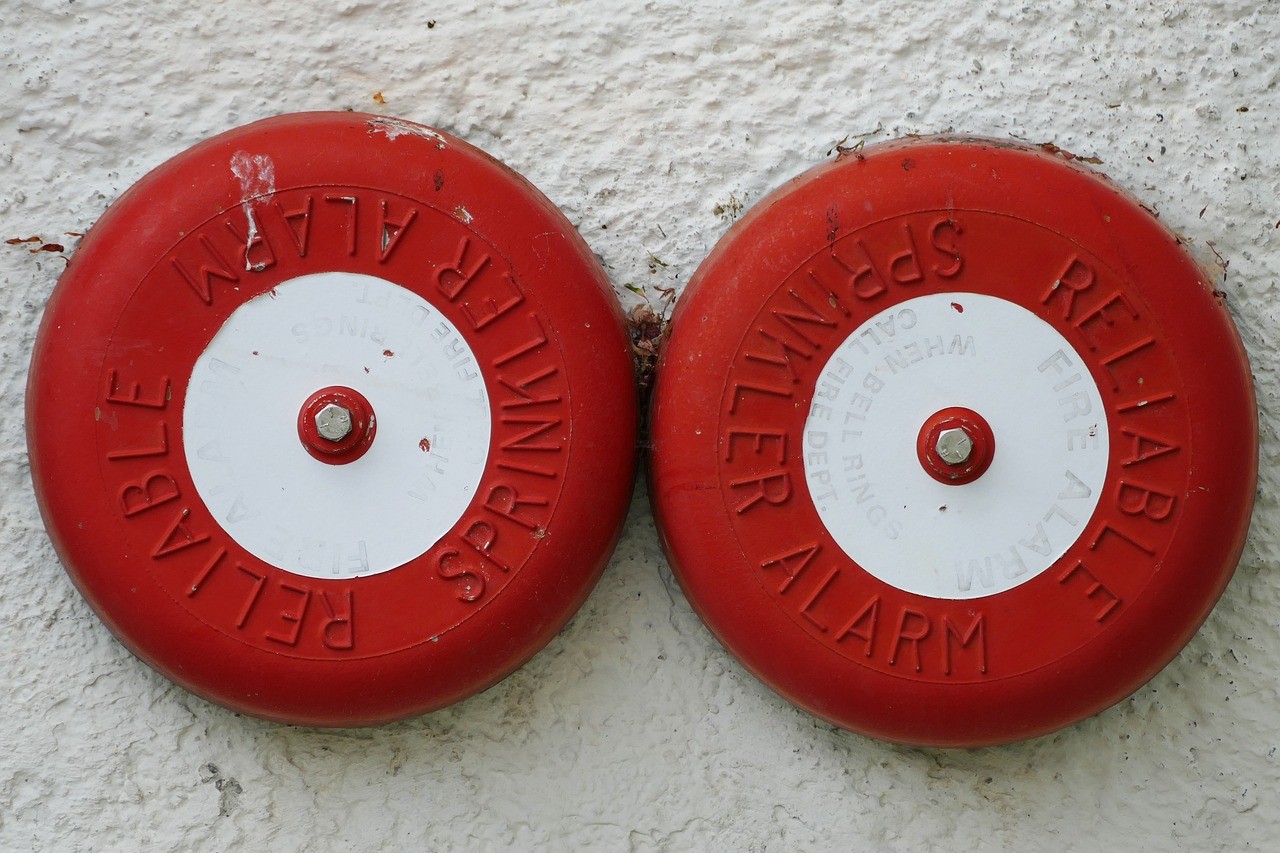When customers or employees enter your business, they want to know they are safe. Fire alarm systems are an essential part of maintaining that safety. Although some companies require specific components, like kitchen hood systems or spray booths, at its core, your fire alarm should be a device to alert others of danger.
But that’s not all you need to know before you can ensure your business is safe. Consider these seven facts every individual should know about fire alarms.
1. Fire Alarms and Smoke Detectors Are Not the Same
The difference between a smoke detector and a fire alarm may not be immediately clear. These words are often used interchangeably, but there’s a significant difference between the two.
A smoke detector serves one purpose: to detect smoke and alert the occupants to the problem. A fire alarm detects smoke, but it also detects heat. Which system you choose depends on your property and the functions you perform on a daily basis.
2. Fire Alarms Consist of Many Components
A ringing bell might pop into your mind when you think of a fire alarm. But that’s only one part of a system. A fire alarm consists of numerous components that work in unison to alert you of an emergency. Your fire alarm system may include the following components:
- Control panel
- Initiation devices
- Pull stations
- Smoke, heat, duct, and beam detectors
- Air aspirating or sampling smoke detectors
- Water flow and tamper switches
- Notification devices
- Strobes and horns
- Audible responders
- Communicators
- NAC power supplies
Each component has its own role in alerting occupants to the presence of a fire.
3. Your Fire Alarm May Have Extra Features
Some fire alarms come with additional features or auxiliary devices. Modern systems include smartphone apps that keep you updated on your building and system status. This is a convenient feature because you can monitor your facility from anywhere, giving you peace of mind.
4. Fire Alarms May Not Protect the Building
Although a fire alarm alerts you to a fire’s presence, it is not the same as a fire sprinkler system. A fire alarm and sprinkler system should work together, along with fire extinguishers.
Together, these devices are the key to any fire prevention program. All employees should understand how to work the fire extinguisher and inspections should be performed on a regular basis to ensure all three components are working correctly.
5. Not All Fire Alarm Systems Are Connected to the Fire Department
With all the technology available today, it makes sense to have a fire alarm connected to the fire department. However, most systems don’t automatically send a signal to the local firehouse.
The traditional small fire alarm system is a “single-station” alarm, which means that it only goes off when someone uses the pull station. On the other hand, many powerful commercial fire alarms send alerts to the fire department to provide greater protection.
6. Why Your Fire Alarm Should Be Monitored
You’ve probably heard the saying, “Time is of the essence.” This is especially true in a fire. When your fire alarm is monitored, it ensures that first responders are alerted to the emergency as soon as a fire is detected. This connection has saved countless lives throughout the years while also reducing property damage.
7. Regular Inspections Are Crucial
A fire alarm that has been properly maintained will last between 10 and 15 years. However, if you’re experiencing frequent false alarms, it might be time for an upgrade. Constant false alarms desensitize building occupants to alerts, which can mean that they stop evacuating the building when an alarm goes off. In the event of a real fire, the results could be catastrophic.
You don’t want to find out the hard way that your fire alarm system isn’t working. Regular inspections will ensure that your system is fully functional. If you’re unsure what to check for, you can call an experienced safety team, like Preventive Fire, to complete your inspections.
At Preventative Fire, we understand how vital fire alarm systems are. Whether you need recommendations for a new system, maintenance to an existing system, or simply have questions about the best ways to protect your facilities, we can help. Give us a call today to learn more.

